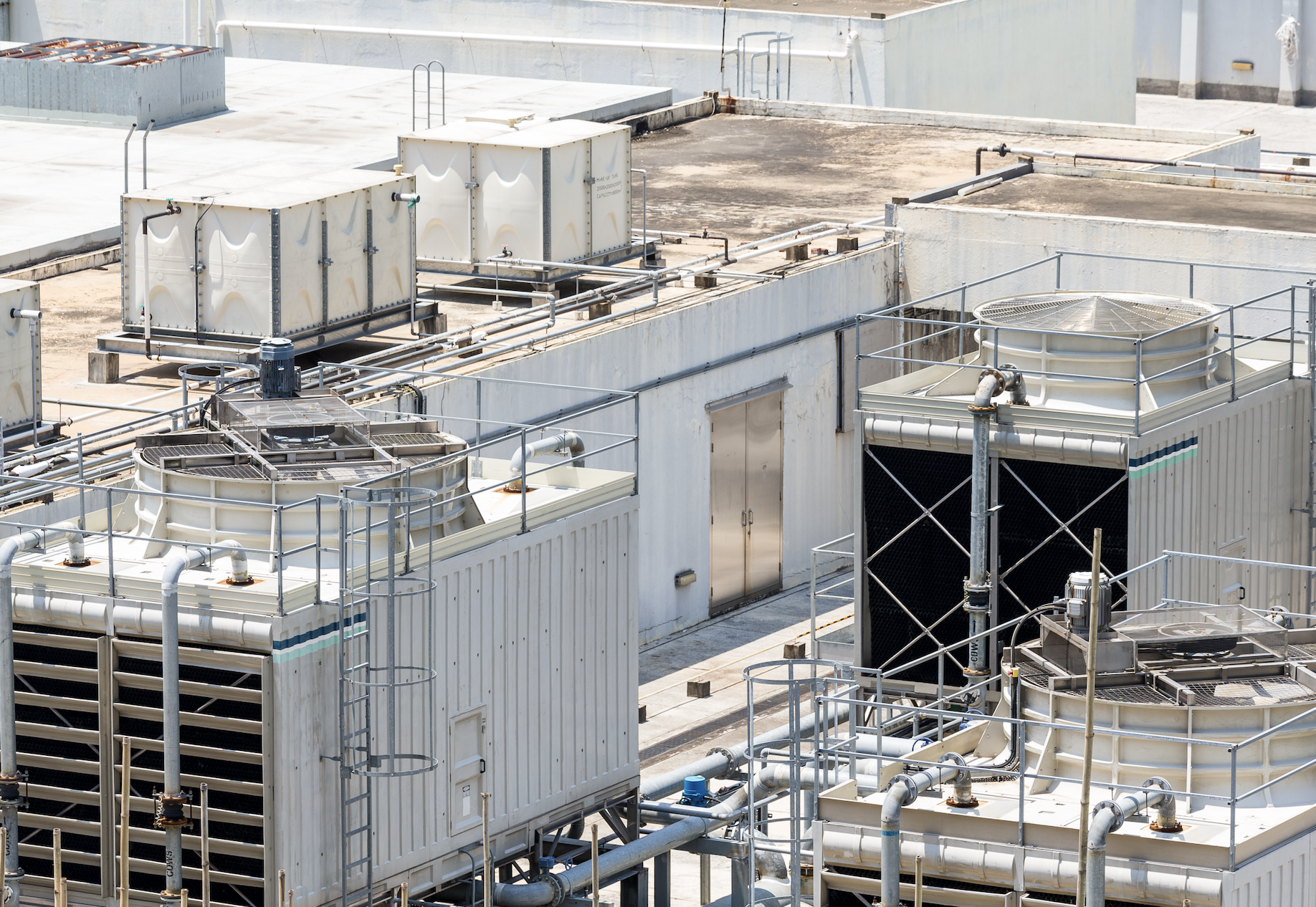Multi-family HVAC systems have become increasingly popular in recent years, providing efficient and cost-effective climate control solutions for apartment buildings, condominiums, and other multi-unit residential properties. However, there are many misconceptions surrounding these systems. In this article, we will debunk some common myths and provide you with the facts about multi-family HVAC.
Myth 1- Multi-family HVAC systems are too expensive to install and maintain.
Truth: While the initial investment for a multi-family HVAC system may be higher than individual units for each apartment, the long-term savings in energy costs and reduced maintenance can offset this expense. Additionally, advancements in technology have made multi-family HVAC systems more affordable and efficient than ever before.
Myth 2 – Multi-family HVAC systems are difficult to control.
Truth: Modern multi-family HVAC systems are equipped with advanced control systems that allow property managers to easily monitor and adjust temperatures in individual units or common areas. These systems can be integrated with building automation systems to optimize energy efficiency and provide residents with greater comfort.
Myth 3 – Multi-family HVAC systems are less reliable than individual units.
Truth: Multi-family HVAC systems are designed to be highly reliable and durable. With regular maintenance and proper care, these systems can provide years of trouble-free service. In fact, centralized systems can often be more reliable than individual units, as they are less susceptible to component failures.
Myth 4 – Multi-family HVAC systems are not suitable for older buildings.
Truth: While retrofitting an older building with a multi-family HVAC system may require some modifications, it is certainly possible. Many factors, such as the building’s construction and existing HVAC infrastructure, will need to be considered. A qualified HVAC contractor can assess your building and recommend the most appropriate system.
Benefits of multi-family HVAC systems
Improved energy efficiency: Centralized systems can be more efficient than individual units, leading to lower energy costs.
Increased comfort: Residents can enjoy consistent and comfortable temperatures throughout their units.
Enhanced indoor air quality: Multi-family HVAC systems can improve indoor air quality by filtering out pollutants and allergens.
Reduced noise: Centralized systems can be quieter than individual units, especially in larger buildings.
Types of multi-family HVAC systems
Multi-family HVAC systems come in various forms, each offering unique benefits depending on the building’s needs. Hydronic systems use water to transfer heat, making them highly efficient for large-scale heating. Air-cooled systems are common in smaller buildings, utilizing air to cool the condenser and regulate indoor temperatures. Geothermal systems harness the Earth’s natural heat, offering an eco-friendly solution by using underground pipes to heat or cool the building. Each system has distinct advantages related to energy efficiency, installation costs, and maintenance needs.
Maintenance tips for multi-family HVAC systems
Regular maintenance of multi-family HVAC systems is essential to ensure longevity and efficiency. Change air filters regularly to improve air quality and prevent system strain. Schedule professional inspections at least twice a year to check for potential issues like leaks, worn components, and thermostat calibration. Clean coils and vents to maintain airflow and prevent blockages. Monitoring refrigerant levels and cleaning drains can prevent costly repairs down the line. Routine upkeep not only ensures comfort for residents but also extends the life of the HVAC system.
Multi-family HVAC systems offer numerous benefits for property owners and residents alike. By understanding the myths and facts surrounding these systems, you can make informed decisions about your building’s climate control needs. If you are considering a multi-family HVAC system for your property, be sure to consult with a qualified HVAC contractor to discuss your specific requirements.
